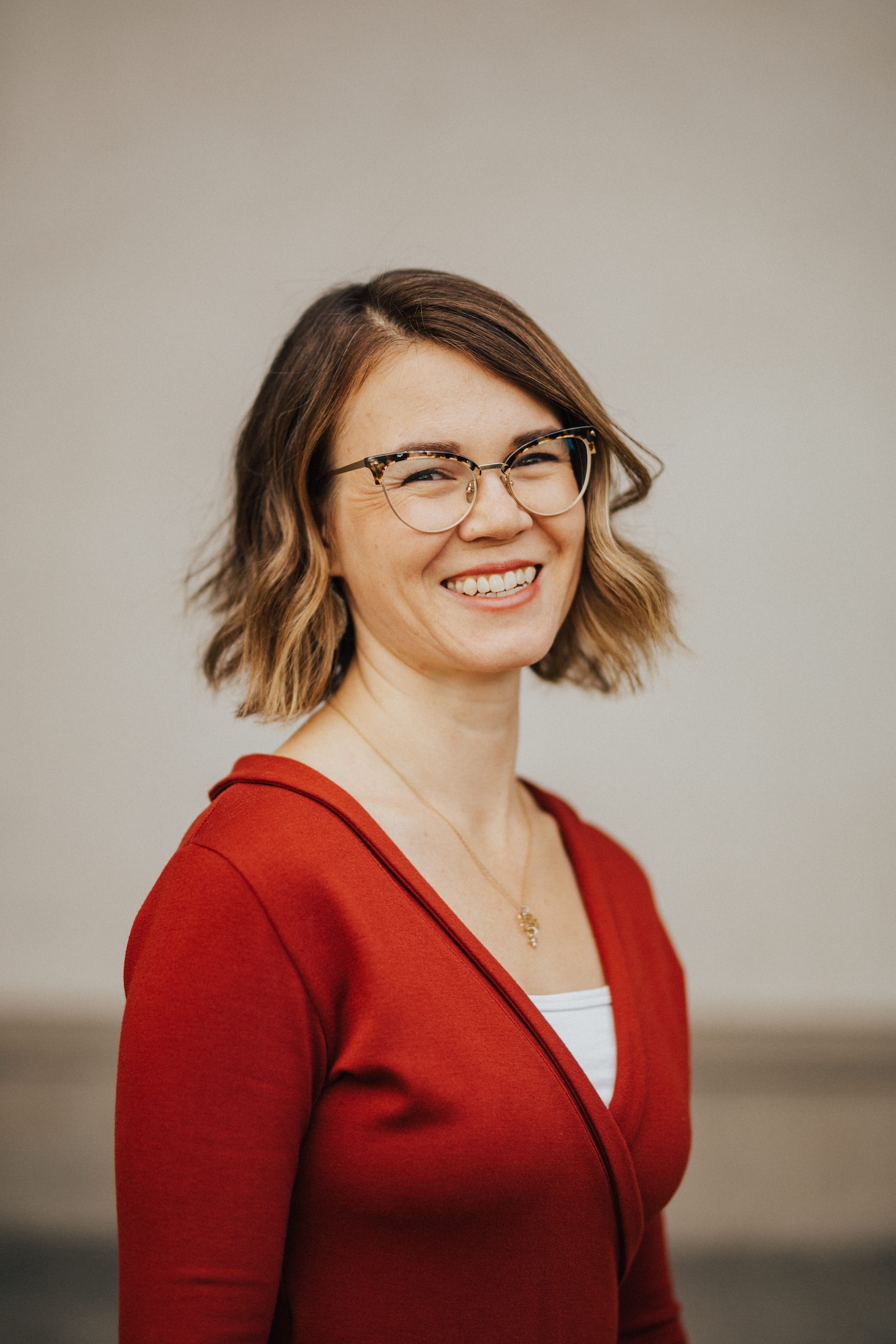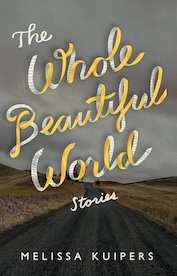
Melissa Kuipers
Melissa Kuipers (she/her) is a writer of fiction and creative non-fiction. Her book, The Whole Beautiful World, was published in 2017 with Brindle & Glass. Her fiction has been published in literary journals such as Joyland, Ryga, Ex-Puritan, and The Rusty Toque. She has personal essays in publications like The New Quarterly, Room, Plough, and The Ottawa Arts Review. She has taught creative writing extensively, both in high school and universities, has mentored emerging writers and has led multiple writing workshops. She received her Masters in the Field of Creative Writing from University of Toronto.
Raised on a chicken farm in Southern Ontario/Anishinabewaki, Melissa now resides in eastern Nova Scotia/Epekwitk aq Piktuk with her husband and two children.
PUBLICATIONS
- “Erased.” Corvid Queen, fiction, Fall 2025, forthcoming.
- “The Easy Part.” Relief Magazine, personal essay, Spring 2025, forthcoming.
- “Mary’s special child and mine.” Christian Century, article, December 13, 2023.
- “Rest.” Christian Courier, poetry, December 13, 2023.
- “Messiah Mother.” The Christian Century, personal essay, December 2023.
- The Pelican in Her Piety.” The New Quarterly, personal essay, Issue 167, Summer 2023.
- “What to Expect When Foraging in the Park.” Geez Magazine, creative non-fiction, Issue 69, Summer 2023.
- “The Joy of Anticipation.” Dreamers Creative Writing, personal essay, Issue 11, March-June 2022.
- “Little Mother.” Room, personal essay, Issue 45.1, Spring 2022.
- “Parenting on a Planet in Pain.” The Christian Century, personal essay, January 21, 2022.
- “Suspension.” The Windover, personal essay, Issue 25.2, Fall 2021.
- “The Gift of Nurturing Small Things During Isolation.” The Christian Century, personal essay, June 15, 2020.
- “When the Sickness is Over.” Plough Magazine, personal essay, April 30, 2020.
- “The Things She Can Do.” The Rusty Toque, short fiction, Issue 11, Fall 2016.
- “Mattress Surfing.” Grain Magazine, short fiction, Fall 2016.
- “Road Pizza.” Joyland, short fiction, February 2016.
- “Holy Oil.” Paragon, short fiction, Issue VI Winter 2015.
- “False Teeth.” The Ottawa Arts Review, creative non-fiction, Issue 7.1 Fall 2013.
- “Barn Cats.” Blueprint Magazine, short fiction, March 2013.
- “Sunday Afternoon Drive.” Redline, short fiction, Issue 3 July 2013.
- “The Mourning Wreath.” Ryga, short fiction, Issue 6 Summer 2013.
- “Maternity Test.” Joypuke, short fiction, Summer 2013.
- “The Second.” Revolver, short fiction, Summer 2013 (published under Melissa McEwen).
- “Cockatoo Wedding.” Bareback Lit, short fiction, Spring 2013.
- “The Missionary Game.” A Common Thread, short fiction, Spring 2013.
- “The Aquitania.” Circa Journal, short fiction, Vol. I ISS. I.
- “How to Catch a Chicken.” Qwerty, creative non-fiction, Spring 2013 (published under Melissa McEwen).
- “Gently Used.” carte blanche, creative non-fiction, Issue 16, Fall 2012.
- “Getting Better.” The Puritan, Short Fiction, Spring 2012, Issue 17.
- “Pretty Prayer.” Here Be Monsters, Short Fiction, Spring 2011.

